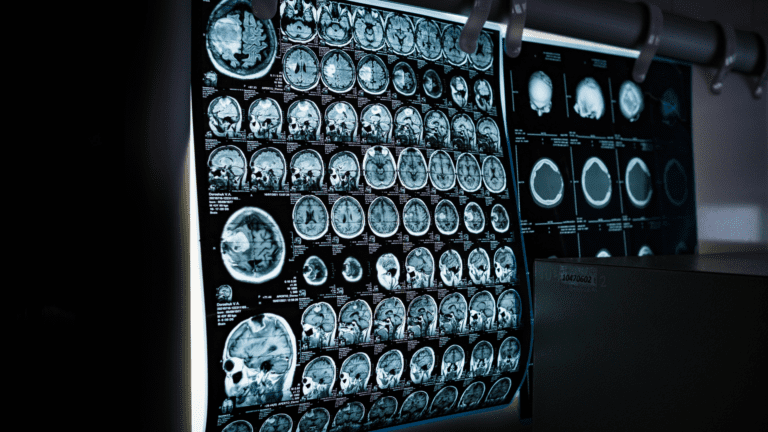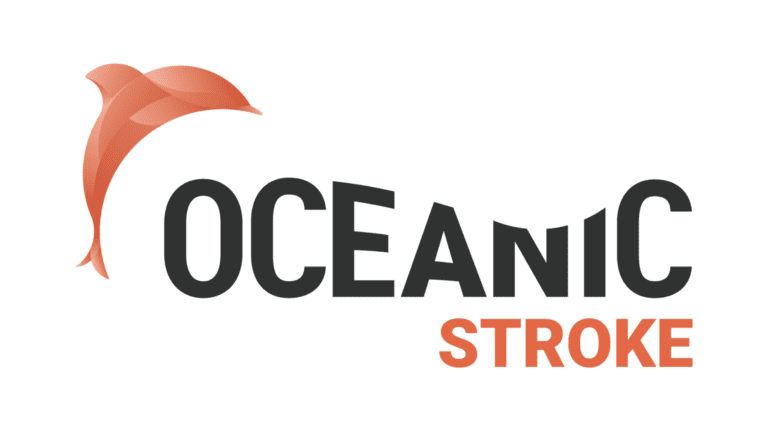PHRI researchers are investigating if colchicine – an anti-inflammation therapy – can prevent or treat various health conditions, in several studies across four therapeutic research themes.
Peripheral artery disease
Inflammation is a risk factor which is not adequately treated by existing therapies for peripheral artery disease (PAD), says PHRI Investigator Noel Chan, who is leading the new study, LEADER-PAD.
He and his team are studying if colchicine is effective in addressing residual vascular risks in people with PAD. Inflammation in arteries can predispose to the sudden formation of blood clots, which can block the arteries to cause heart attack, stroke and leg gangrene.

Ashkan Shoamanesh
Surgery to unblock the arteries, blood thinning and blood pressure- and cholesterol-lowering medications can help prevent and treat complications – but still, too many patients with PAD end up with complications.
“Colchicine is an anti-inflammatory medication that reduces complications in patients with angina or heart attack, but it has not been tested in patients with PAD,” Noel Chan notes.
Acute intracerebral hemorrhage
Another new study, CoVasc-ICH, co-led by PHRI Scientist Ashkan Shoamanesh and PHRI Investigator Aristeidis Katsanos, is investigating if colchicine can prevent vascular events after an acute intracerebral hemorrhage (ICH) in a double-blind, vanguard placebo-controlled Phase II pilot study.

Aristeidis Katsanos
With our ageing demographics, the burden of intracerebral hemorrhage (ICH)-related morbidity and mortality is expected to increase substantially. Patients with ICH are at a high risk for thromboembolic events insufficiently mitigated by current treatment strategies. This is aggravated by cessation of antithrombotics due to fears of re-bleeding for significant periods after hemorrhage.
These realities highlight the need for novel treatments that modify the natural history of ICH and mitigate cardiovascular risk in ICH survivors, without increasing the risk of recurrent ICH. The anti-inflammatory properties of colchicine make it an attractive treatment candidate to mitigate secondary inflammatory brain injury in early ICH.
Aris was a winner of the 2020 PHRI internal grants competition for the CoVasc-ICH study.
Perioperative atrial fibrillation

David Conen
Up to 20% of patients undergoing major thoracic surgery develop perioperative atrial fibrillation (POAF) – making it one of the most common serious complications in this patient population.
The COP-AF study, led by PHRI Scientist David Conen, is investigating if the administration of colchicine reduces the occurrence of POAF, and other inflammatory complications, within 14 days after major thoracic surgery.
STEMI after PCI
CLEAR SYNERGY (OASIS 9) – Colchicine and Spironolactone in Patients with ST Elevation MI + SYNERGY Stent Registry – is led by PHRI Scientist Sanjit Jolly.

Sanjit Jolly
He and his team are investigating the long-term effects of colchicine as one of treatments following PCI to treat ST elevation myocardial infarction, in the colchicine 2X2 factorial RCT component of this study which started in 2018 and will run until 2025.
These treatments address both the culprit artery (PCI with SYNERGY Stent) as well as the non-culprit arteries (randomization to routine colchicine and spironolactone).
Treating COVID-19 cases
PHRI partnered with ECLA (Estudios Clínicos Latinoamérica) in ECLA PHRI COLCOVID – a simple, pragmatic, open-label, randomized, controlled clinical trial to evaluate the effects of colchicine in moderate or severe cases of COVID-19.

John Eikelboom
The RCT found that compared with usual care, colchicine did not significantly reduce mechanical ventilation or 28-day mortality in patients hospitalized with COVID-19 pneumonia.
They published their findings in late December 2021 in JAMA Network Open. PHRI authors were Sanjit Jolly, John Eikelboom, and Salim Yusuf.




